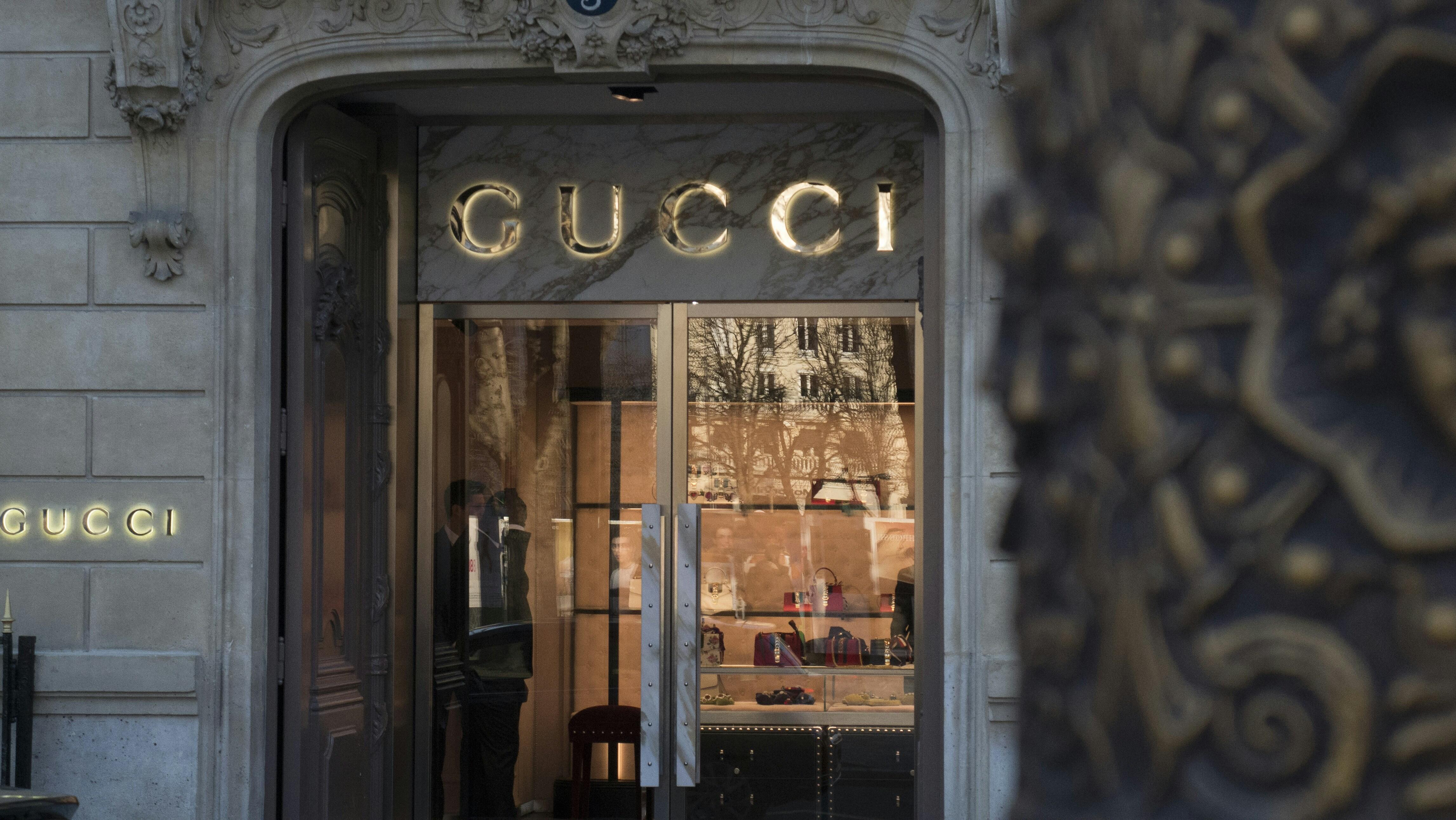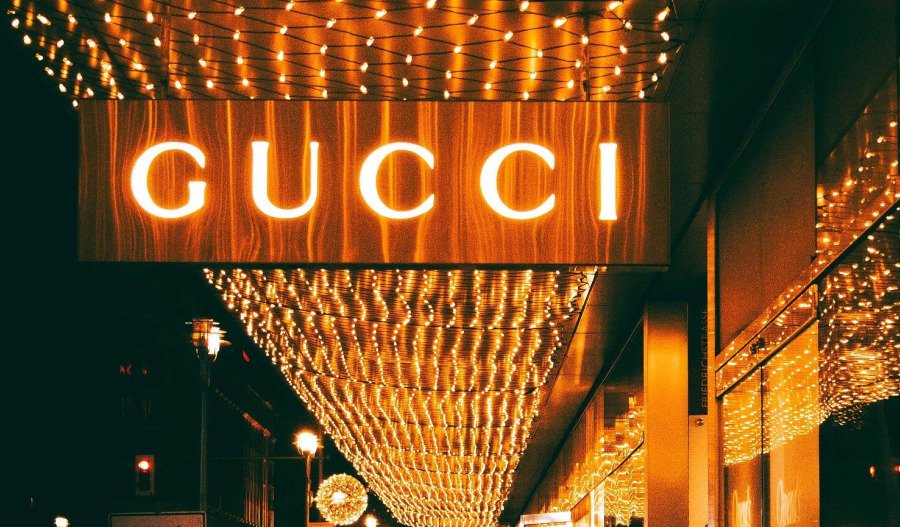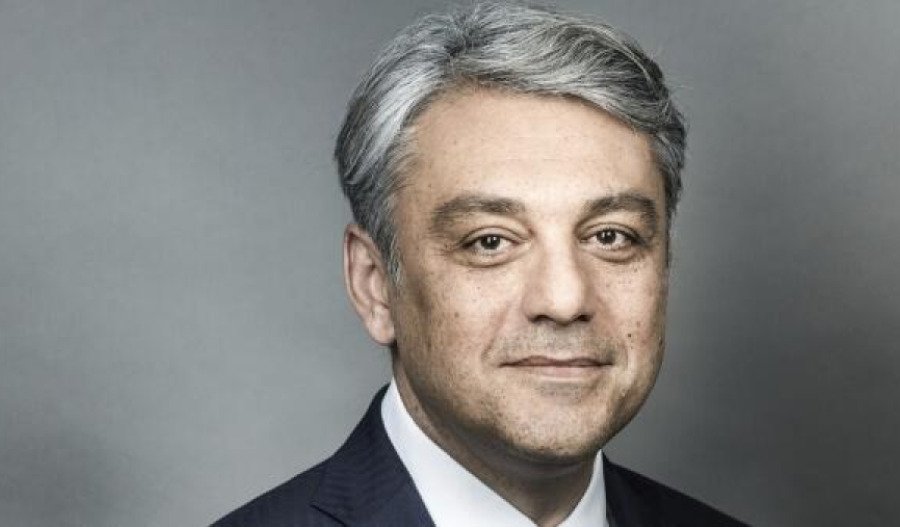Parent company of Gucci and Saint Laurent, Kering, released disappointing second-quarter earnings due to slumping sales and ongoing uncertainty.
The overall group revenue for the first fiscal half of 2025 was down 16% on a reported basis and 15% on a comparative basis to €7,587 million.
Despite this downfall, the company still retained a net income of €474 million.
“On the operational and financial fronts, in a particularly tough market environment, we continued to streamline our distribution and cost base, and, executing on our roadmap, we took decisive steps to strengthen our financial structure,” Kering chairman and CEO François-Henri Pinault said.
“Though the numbers we are reporting remain well below our potential, we are certain that our comprehensive efforts of the past two years have set healthy foundations for the next stages in Kering’s development.”
A standout decline for the business was Gucci, which saw revenue slump by 26% on a reported basis and 25% on a comparative basis to €3.0 billion for the first half.
Second-quarter results for Gucci saw a 25% year-on-year decline in sales, as well as a 23% decrease in sales from the directly operated retail network, with improvements in the North America and Asia Pacific regions.
Gucci typically makes up half of the group's earnings.
In the first half, Yves Saint Laurent’s revenue similarly fell by 10% from the same time last year.
The only brand to curb this trend was Bottega Veneta, which saw revenue rise by 2% on a comparable basis in the first half of 2025 to €846 million.
Other houses owned by Kering also saw revenue fall by 14% year-over-year to €1.5 billion in the first half.
After several consecutive quarters of soft sales, investors have questioned the company’s ability to turn itself around, causing Kering’s share price to slump by 8% since this time last year.
Chief Financial Officer of Kering, Armelle Poulou, said that the 15% tariff rate was in line with assumptions and that the company would manage prices accordingly, adding that Kering had already added some price hikes in the second quarter.
“We may consider a second wave in the autumn,” Poulou told an earnings call.
”[But] we will make sure we are applying it in a smart way, mindful of consumer sentiment.”
However, analysts suggest that reviving the business' image and desirability will pose a bigger challenge.
“Product desireability is now a bigger problem for Kering than any tariff threat,” Yanmei Tang, analyst at Third Bridge, said.
“Desirable brands like Hermès can nudge prices higher without hurting demand, but brands such as Saint Laurent and Gucci do not currently enjoy that level of pricing power.”
At the time of writing, Kering (EPA: KER) shares have dropped by 1.40% to €212.45. The company's market cap is €26.57 billion.



